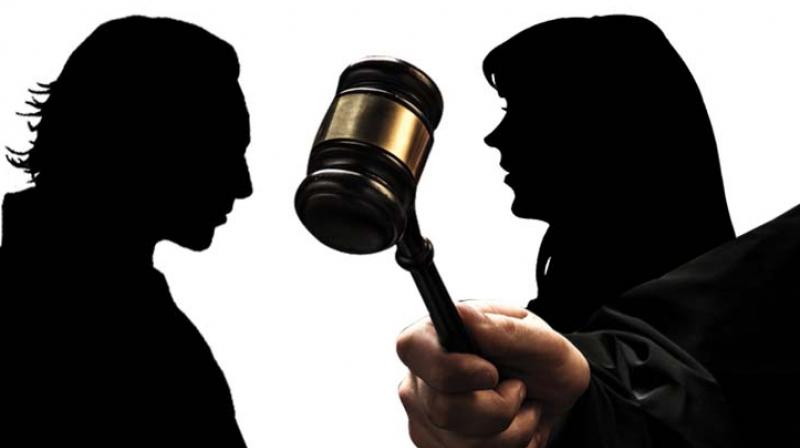Right to liberty: Was it judicial over-reach?
Kerala High Court order has triggered a debate on the sanctity of conversions and the legal validity of the choices a citizen makes as a major.

THIRUVANANTHAPURAM: Kerala High Court’s order on Wednesday annulling the marriage of a 24-year Hindu girl who had converted to Islam and giving her custody to her parents has triggered a debate on the sanctity of conversions and the legal validity of the choices a citizen makes as a major. Many suspect the judgment refuses to acknowledge the Indian Majority Act, 1875, which states that “every person domiciled in India shall attain the age of majority on his completing the age of 18 years.” Such persons can vote, can marry and hold property in their name. Article 21 of the Constitution offers individual liberty, which the courts including the Supreme Court have interpreted to include the right to make a choice on marriage, including co-habitation.
The division bench of the High Court, was, however, convinced that the parents had a valid case in their apprehension that their daughter would be married off to a person of her new religion and that the couple who acted as her guardians while she had left her parental home had no right or power to be in that role. Writer Paul Zachariah feels that religious conversion is not a new phenomenon. “I am against all types of religious conversions. It is the third party who initiates the religious conversions who is at work which actually triggers the doubt factor,” he said. There is no violation of civil rights in the issue, said noted social critic M.N. Karassery. “It was only a technical issue,” he said. “Under the Sharia law the girl has no right to marry on her own. She was a Hindu and her name was Akhila. If she was a Muslim, she has to be married off by her father or any other guardian. The court considered only the law. If the girl had said that she is living with her lover, the verdict would have been different,” he said. Prof Karassery is, however disappointed with the way the court has chosen to interfere with the right of a citizen who has attained majority.
“I fail to understand why the court has refused to uphold the right of the person who has attained majority to live with a person of her choice. As per our law, a major has several rights, including giving consent for sex. Denying the citizen the right to exercise the freedom the constitution guarantees is discrimination,” he said. “it is an injustice and violation of human rights.” Noted social activist B.R.P. Bhaskar told DC that there are two options for the girl now: either go in appeal in a higher court or get married as per the provisions of the Special Marriages Act. “I feel extraneous considerations appear to have influenced the judges and led them to arrive at a questionable conclusion,” he said. “Ironically the court has annulled the marriage invoking the provision of the Muslim personal law. The Special Marriages Act of 1954 was enacted to help young people to get married, overcoming familial, social and religious obstacles.” Former chairperson of Kerala Women’s Commission Justice D. Sreedevi (retd) said conversions of girls, especially for marriage, undermined several rights they enjoyed. “It is a crime when a person forcefully undergoes religious conversion,” she said. “There are elements who are working for that.”

